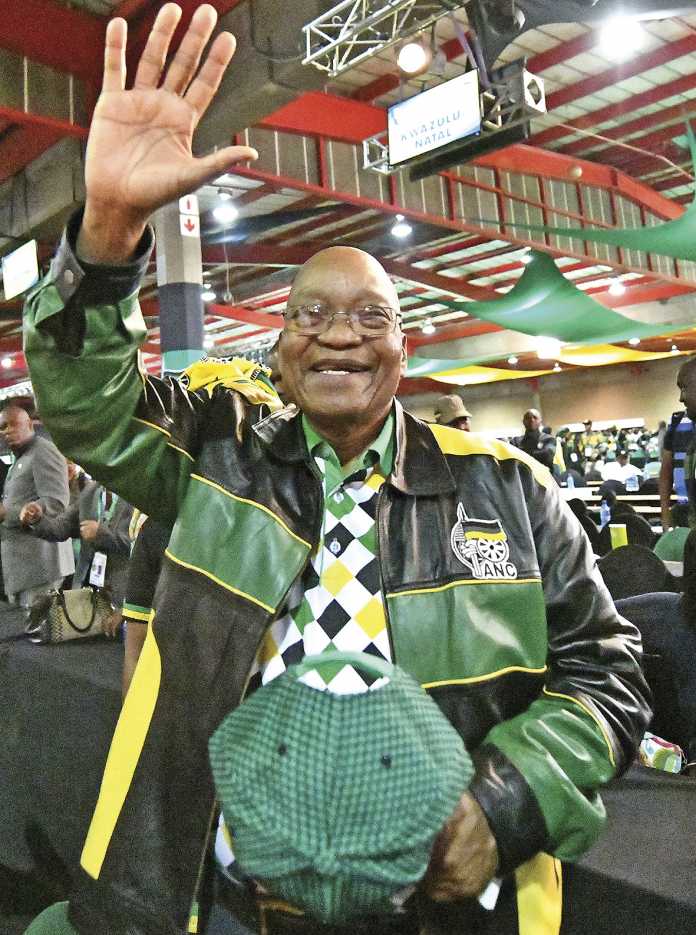Former President Jacob Zuma is expected to make a big announcement on Saturday afternoon that is likely to change the political landscape in South Africa.
Zuma is expected to be in Soweto on Saturday to commemorate the 62nd anniversary of uMkhonto we Sizwe (MK), the former military wing of the African National Congress (ANC).
Speculation has been rife about Zuma’s political future. There were allegations that he was in talks with EFF commander-in-chief Julius Malema, who wanted the former statesman to join the red berets. There were also suggestions that he would join expelled ANC member Carl Niehaus’s political party, ARETA.
Zuma is a serious crowd-puller, a darling to some and a villain to others, and has been a loyal member of the ANC, an organisation he served through the ranks for 64 years.
Zuma, who arrived in Johannesburg on Wednesday, is expected to be at Avalon Cemetery in Soweto on Saturday morning. Zuma is expected to visit some of the graves of the fallen MK soldiers who lost their lives during the apartheid struggle.
Msholozi, as Zuma is affectionately known, is also expected to visit ANC stalwart Winnie Madikizela-Mandela’s home in Soweto.
Visit to Petrus Molefe Eco Park
Around midday, Zuma is scheduled to attend a military drill at Petrus Molefe Eco Park in Dlamini, Soweto. Zuma will lay wreaths for ex-MK fighter Molefe and other fallen struggle heroes.
And there, Zuma is expected to hold a press conference to announce a decision about his political future. But not everyone is expecting Zuma to bid ANC farewell.
“I don’t think Msholozi will ever leave the ANC to join another political party. His blood is green, black, and gold,” a senior ANC member who asked not to be named said.
Zuma and President Cyril Ramaphosa have not been seeing eye to eye in recent years. This is after ANC forced Zuma to resign as state president on February 14, 2018. Ramaphosa replaced him the following day.
Zuma was imprisoned in Estcourt, KwaZulu-Natal, in July 2021 for contempt of court after walking out of the State of Capture Commission. Zuma refused to return and testify because he was unhappy with then-deputy chief Raymond Zondo, who chaired the commission.
Zuma’s supporters blamed Ramaphosa for being a catalyst for his going to jail. South Africa saw sporadic riots and looting of businesses.



